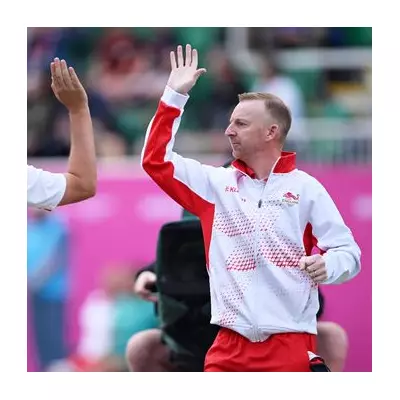
Cambridge United striker Lyle Taylor has ignited a fiery debate across English football after publicly declaring he will no longer participate in taking the knee before matches.
The 33-year-old forward, known for his outspoken views, claims the anti-racism gesture has become 'divisive' and has strayed far from its original purpose. His controversial stance comes as clubs across the EFL continue the pre-match ritual that began following the murder of George Floyd in 2020.
'The Gesture Has Run Its Course' Says Taylor
In an explosive interview, Taylor didn't hold back his criticism of the ongoing practice. 'I have no problem with anybody taking the knee,' he stated, before delivering his crucial caveat. 'But the gesture has run its course. It's now become something that it wasn't supposed to be.'
The former Charlton and Nottingham Forest striker revealed he's been privately abstaining from the gesture for some time, choosing to stand while teammates kneel. His decision puts him at odds with the majority of English football's stance on the issue.
From Unity to Division: Taylor's Perspective
Taylor argues that what began as a powerful symbol of unity against racial injustice has transformed into something counterproductive. 'It was supposed to be about unifying people,' he explained, 'but it's now being used to, not necessarily segregate, but it's become a stick to beat people with.'
The Montserrat international's comments highlight the complex evolution of the gesture within football culture. While many clubs and players continue to support taking the knee as an important anti-racism statement, Taylor believes the message has become diluted through repetition and political baggage.
Football's Ongoing Battle Against Racism
Taylor's stance emerges against a backdrop of continued racial abuse incidents in English football. Just last season, numerous players across multiple divisions reported receiving racist abuse both online and from stands.
Despite his refusal to take the knee, Taylor maintains his commitment to fighting racism in the sport. His comments suggest he believes more substantive action is needed beyond symbolic gestures that have, in his view, lost their impact.
The debate continues to split opinion among players, managers, and fans alike, with Taylor's latest comments ensuring the conversation about how football should combat racism remains firmly in the spotlight.





